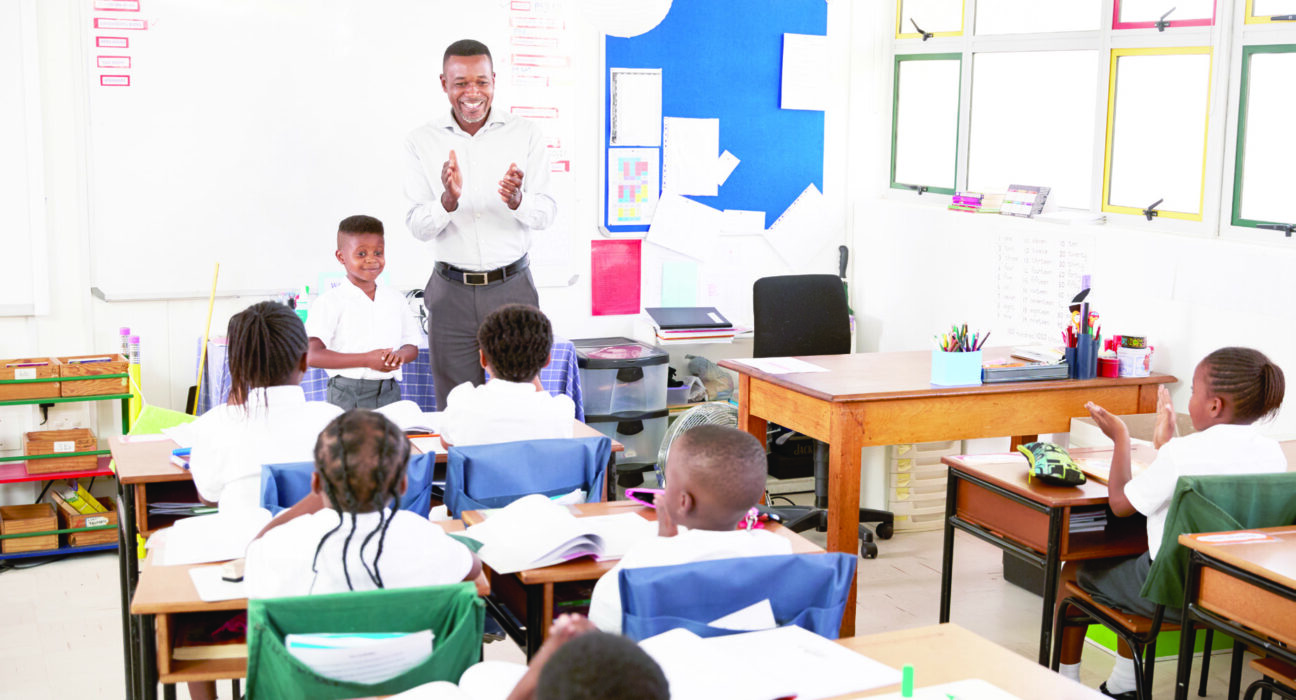By M.G. Katusabe Ssemwezi
Something stood out recently when President Yoweri Museveni announced a new Cabinet; there wasn’t a school that dominated the Cabinet greatly.
It was evident that traditional academic giants do not feature on the list of schools of the new ministers.
From studies, it has been observed that the reputation of an educational institution lies in its students — past and present. When a school keeps producing successful graduates, the alumni can help sustain the institution through their donations and voluntary help.
The school alumnus is helpful in providing valuable financial, intellectual and human resources that help education institutions remain competitive.
Not so long ago, when it came to excellence, having a powerful alumnus and dominating leadership positions, traditional schools, and mostly missionary schools, stood out. So what could have gone wrong?
Perhaps many of the traditional schools established during the colonial and early post-colonial period ceased to deliver to their high standards because new strategies were not put in place to continue delivering high-quality education. But leaders are developed in schools.
To deliver high-quality education and be in a position to produce quality school graduates/alumni who can take on the mantle of leadership, it would be best for traditional schools and all other schools to embrace a culture of excellence.
The school culture of excellence must go beyond aiming for the best grades in the final examinations and focus on learners getting the best education. It should also focus on creating a lifelong passion for learning beyond the classroom.
This will be the foundation for creating many quality leaders from all schools in the country.
The COVID-19 pandemic has compelled governments, organisations and individuals alike to fight against it with both success and failure stories recorded. Education institutions too are fighting against the pandemic to ensure they offer education to their learners.
However, many of these institutions are grappling to stay afloat in the face of the pandemic and the resultant lockdowns as in the case of Uganda.
Education institutions find boundless pride in completion rates of their learners and look forward to enrolling new ones. However, since last year, the institutions have been faced with static classes, frustrated students and parents. The joy of learning and progress from one class to another has become a dream for many. The long-term effects on the learners, although yet to be fully appreciated, cannot be underestimated.
In some cases, the social and mental impact on the youth is permanently damaging. The media is awash with reports of teenage girls becoming pregnant and can barely carry a pregnancy to full term and boys who have become fathers before they even know what it means to be a father and “husband”.
These situations portend a future that Uganda might not have envisaged.

What Next?
Institutions do not know what to do about this. Some of them have appealed to the Government for help, but assistance has not been forthcoming. Many of them are reported to be in debt with escalating bank loan interests. Consequently, some institutions have closed or been sold off and others are on the verge of collapse.
The old saying that when the going gets tough the tough get going is applicable here. Institutions must rethink their business plans to ensure that they survive the pandemic.
Some institutions during the first lockdown last year ventured into online learning.
Challenging as it is, many institutions regard it as a priority to continue offering education no matter the circumstances as nothing is more expensive than ignorance and protracted studies that do not end.
The online system is being harnessed every day with institutions dealing with emerging issues. There is no turning back on online learning.
Many other institutions would also love to offer online learning, but can hardly afford it. Online learning has formidable demands on institutions as well as the staff and students. It is important to re-orient the teachers/ lecturers or professors to teaching online as opposed to the traditional physical classes.
The teaching materials have to be suitable for online delivery. Both the staff and the students need to have access to the Internet. All this takes commitment, determination and financial resources to facilitate an online learning system.
However, in extreme circumstances, there are institutions where an entire staff may not have anyone with minimal computer literacy that would be adequate to support online learning. Many of the 15 million students in this country have never used a computer and it would be lunacy to expect them to take up online learning.
The students too have been brought up to have a teacher in front of them to be able to learn. They must now be left on their own. Do not be deceived that because on a daily basis young people are seen using the Internet that they, therefore, know how to navigate the new waters.
Operational Costs
Some of them cannot afford the costs associated with online learning. They must have adequate data to access the Internet not only for their classes but also for research and general reading.
While privileged students and staff may have the latest models of laptops and phones and all manner of gadgets to support online learning; the ordinary student and staff cannot afford basic data.
It should not be taken for granted that the staff have the requisite phones or laptops. To compound the situation is the fact that there are many institutions where a computer with access to the Internet is only found in the office of the head of the institution.
Online learning has many benefits if it can be developed and supported with national policies that make it possible for majority of the citizens to access the Internet. It is online learning that can save the education of the next generation.
Lamentably, no matter how determined the education institutions maybe, they cannot succeed without commitment of the Government of Uganda to make access to affordable Internet as a Ugandan right.
Internet Tax
Like Government created universal primary and secondary education, it should provide universal affordable Internet for education institutions.
Unless something of this kind is done; online learning will remain a mirage. An examination of the 2021/2022 national budget affirms this opinion. Whereas the budget exempts education services from the 12% tax (harmonised excise duty), it remains a mystery how data meant for education services will be differentiated from data for any other purpose. The budget does not demonstrate how it will support education services beyond the exemption of this tax. Online programmes cannot breathe until the Government lifts its knee off internet access. This should have been done years back. But, let us start now.
Costs Of E-Learning
Online teaching is expensive and any institution venturing into this direction must have the goodwill and determination of the owners of the institutions to invest funds in developing a robust infrastructure for online learning.
The governing councils, for example, of universities and boards of governors of lower institutions must be prepared to invest in online learning and support their management teams in this regard.
The writer is the university secretary of Victoria University, Uganda









Leave feedback about this